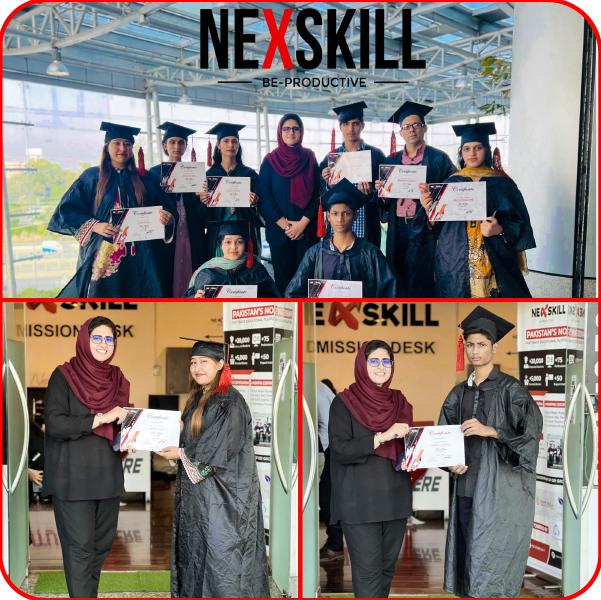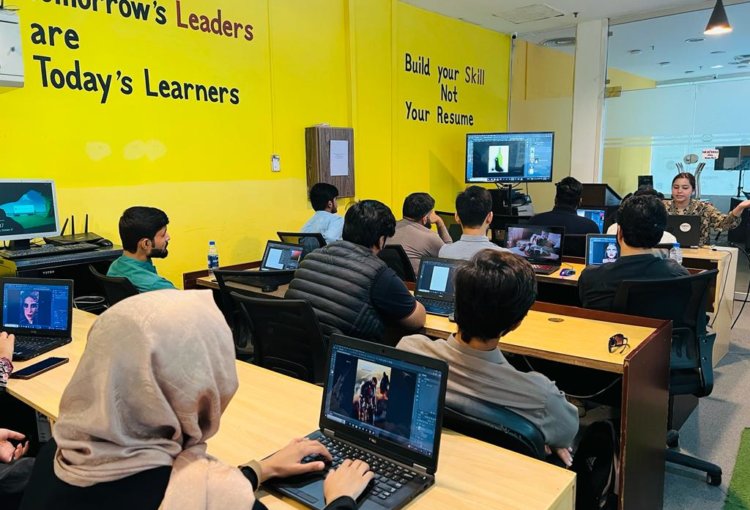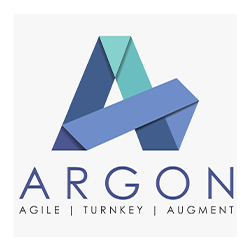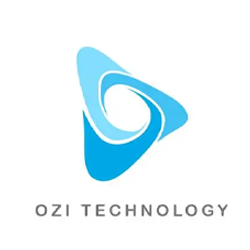Become a DevOps Engineer
Objectives
The DevOps Fundamentals and Best Practices course is designed to introduce learners to the key concepts, tools, and principles of DevOps. DevOps is a set of practices that combines software development (Dev) and IT operations (Ops) to shorten the systems development life cycle and provide continuous delivery with high software quality. This course will cover the fundamentals of DevOps, continuous integration and continuous delivery (CI/CD), containerization, orchestration, and automation best practices. Whether you’re an IT professional or a software developer, this course will help you understand and apply DevOps principles in your work.
Course Content
- Introduction to DevOps.
- Evolution of DevOps and its Importance.
- Key Principles of DevOps Culture.
- DevOps Lifecycle and Processes.
- Continuous Integration (CI) Concepts and Practices.
- Version Control with Git.
- Building and Packaging Artifacts.
- Continuous Deployment (CD) and Delivery.
- Infrastructure as Code (IaC).
- Configuration Management Tools (e.g., Ansible, Chef, Puppet).
- Containerization with Docker.
- Orchestration and Cluster Management (e.g., Kubernetes).
- Continuous Monitoring and Logging.
- Automated Testing in DevOps.
- Collaboration and Communication Tools.
- Security in DevOps.
- DevOps in Cloud Environments.
- DevOps Metrics and Key Performance Indicators (KPIs).
- DevOps Best Practices and Patterns.
- Case Studies and Real-world DevOps Implementation.
Conclusion
By completing this DevOps Fundamentals and Best Practices course, participants will acquire the knowledge and skills needed to apply DevOps practices in their organizations, improving collaboration, automating processes, and delivering high-quality software more efficiently. This course is suitable for IT professionals, software developers, and anyone interested in adopting DevOps practices to enhance their work environments and career prospects.
Register Yourself
Certification

























